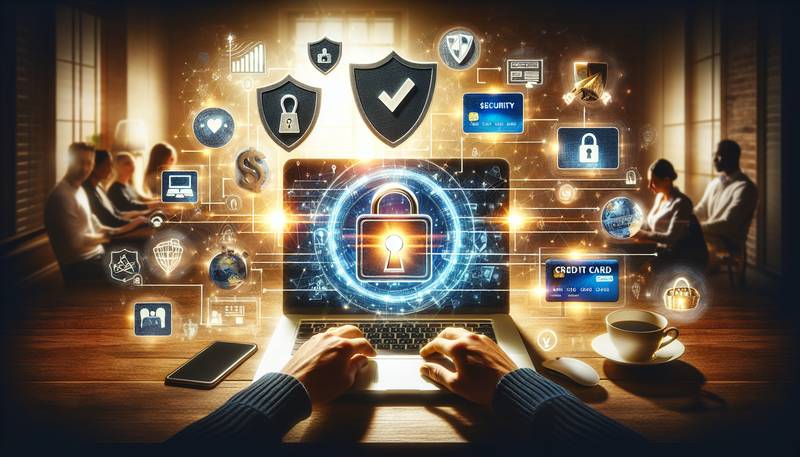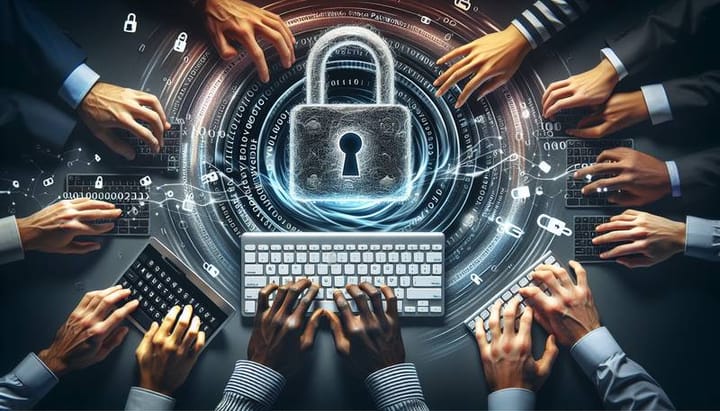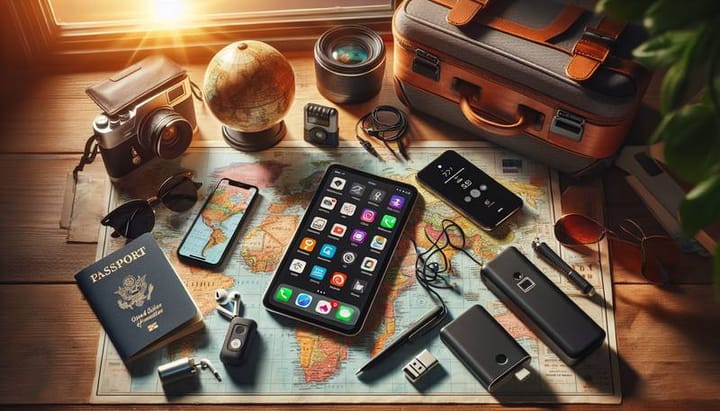Tips for Safe and Secure Online Shopping

Online shopping is a game-changer, isn't it? From the comfort of our homes, we can order just about anything, and it magically shows up at our doorstep. It's like receiving presents from ourselves, and who doesn't love gifts? But as with all good things, there's a catch. While we happily click away and fill our virtual carts, cybercriminals are lurking in the shadows, waiting to pounce on any opportunity to swipe our personal details. Don't panic though! We're going to arm you with some foolproof tips to keep the cyber baddies at bay and ensure that your online shopping experience remains safe, secure, and as joyful as finding that perfect item on sale. Ready to become a savvy shopper? Let's dive in!
1. Look for the Padlock
We've all been there, hovering over the 'Buy Now' button, but before you commit to that purchase, let's talk about the little padlock icon that could save you a whole world of trouble. When shopping online, your browser is your best friend, and the padlock icon in the address bar is how it whispers, "You're safe with me." That padlock symbol means the website uses SSL (Secure Sockets Layer) encryption. This is techie talk for a secure connection between your browser and the website, ensuring that the data you send, like credit card information, is private. Remember, "https" should also precede the website's URL—s for secure. No padlock or https means you should probably shop elsewhere. It's like choosing a seatbelt-equipped car over one without – safety first!
2. Use Trusted Websites
We all love a good deal, and sometimes it takes browsing unknown websites to find that one rare item at a stunning price. However, remember that if something seems too good to be true, it probably is. Using well-known, reputable websites can save you a headache down the road. These sites have built a reputation for safe transactions and customer service if things go awry. Look for signs that a company is legitimate, like a physical address, a customer service phone number, and a fair return policy. If you're still unsure, punch the website's name into a search engine and see what other consumers say. It's like choosing a restaurant; the ones with good reviews are usually a safe bet.
3. Keep Your Software Up to Date
Alright, let's talk tech hygiene. Keeping your software up to date is like making sure your car is serviced; it improves performance and safety. Those pesky software update notifications that pop up on your device aren't just there to annoy you – they're often released to patch up security holes that hackers could exploit. Regular updates of your operating system, web browser, and antivirus software can make the difference between a secure transaction and a compromised one. Also, activate automatic updates if you can; they're the equivalent of a car's autopilot for cybersecurity. As annoying as they might seem, they're there to protect you, so let them do their thing.
4. Use Strong Passwords
Now, let's discuss the keys to your online kingdom—your passwords. They should be as complex and unique as the plot of a spy movie. If you're using "password123" or "yourname1980," you're practically rolling out the red carpet for cybercriminals. Create strong, hard-to-guess passwords that include a mix of upper and lower case letters, numbers, and special characters. Think of it like a secret code that only you know. Each of your online accounts should have its own distinct password. Yes, it's a pain to remember them all, but that's what password managers are for. They're the secret agents of the internet, maintaining your cover (and sanity) online. If creating strong passwords is making a secret handshake, using a password manager is like having an expert choreographer to help you remember the steps.
5. Be Wary of Public Wi-Fi
Think of public Wi-Fi like a public bathroom; it's convenient, but you really wouldn't want to leave anything personal in there. Shopping online while connected to a public network can expose you to all sorts of shady characters. These networks are often unsecured, which means anyone else on the same network could potentially see what you're doing, including entering sensitive information. To stay safe, avoid shopping or accessing bank accounts while sipping that latte unless you're connected to a VPN (Virtual Private Network). A VPN is like a cloak of invisibility for your data—it encodes your information so that you can privately browse the public network. Save the online shopping for when you're on a secure, password-protected network, like at home where you can shop in your pajamas with true peace of mind.
6. Monitor Your Accounts
Wouldn't it be nice if money just managed itself? Unfortunately, in the real world, regularly checking your statements is the equivalent of a routine check-up. Keep a close watch on your bank and credit card statements for any unauthorized or suspicious charges. If you notice a transaction that resembles a game of 'Which one of these is not like the other?,' report it fast. Most financial institutions have protections in place and can help you sort out fraudulent charges, but it's a partnership - you're the first line of defense. Set up alerts to notify you of transactions; it's like a neighborhood watch for your wallet. Frequent monitoring is the fiscal fitness routine that keeps your finances in tip-top shape.
7. Don't Overshare
When you meet someone new, you wouldn't tell them your life story, Social Security number, and all your deepest darkest secrets, would you? Apply the same principle when shopping online. E-commerce sites need certain details to process your order, but there's such a thing as too much information. No retailer needs to know your Social Security number. If a site seems overly curious, asking for details irrelevant to your purchase, consider it a red flag. It's like a first date prying for your bank account balance—just plain inappropriate and a signal to back away slowly.
Online shopping should be like a walk in the park - relaxing and enjoyable, not a sprint through a minefield. By following these tips, you're putting on your cyber armor and protecting yourself from potential threats. Build these practices into your routine and they’ll become second nature. The world of e-commerce is vast and filled with wonderful treasures, and now you know how to navigate it securely. Shop smart, stay safe, and enjoy the marvels of the internet without fear. Keep on clicking, but do so wisely, securely, and with confidence that your personal information is locked down tighter than Fort Knox. Happy and safe shopping to all!


